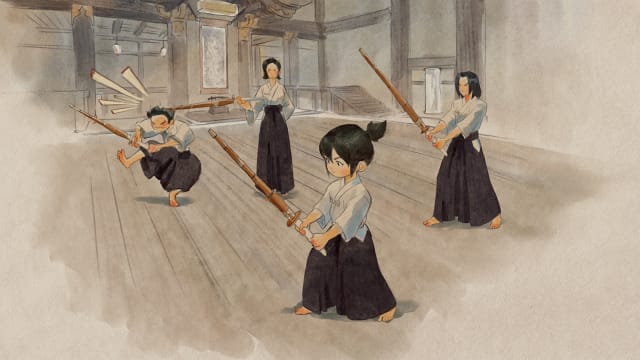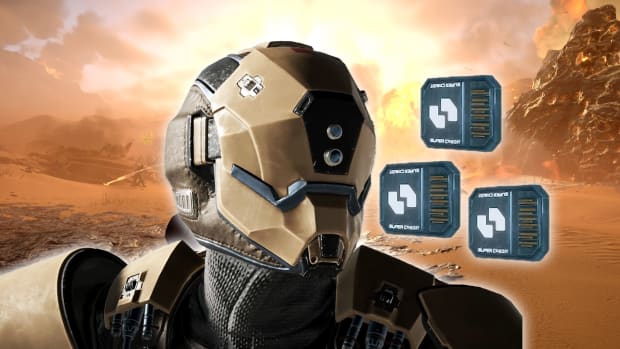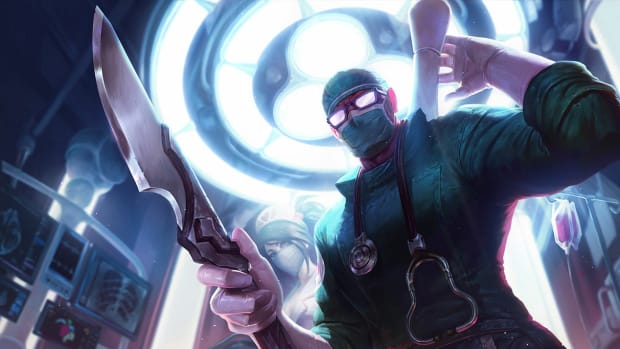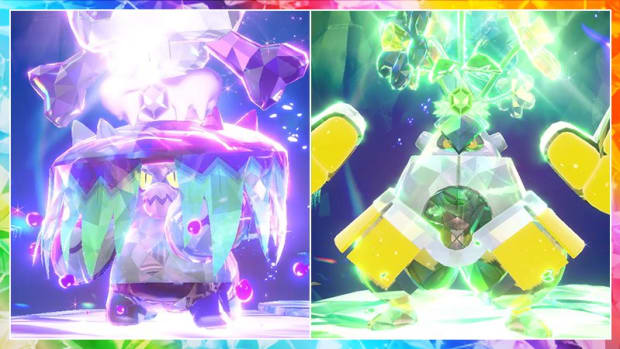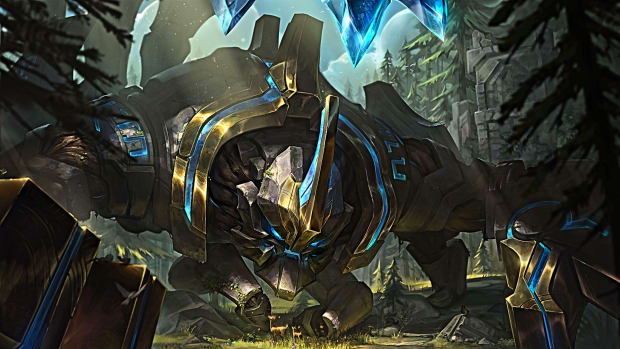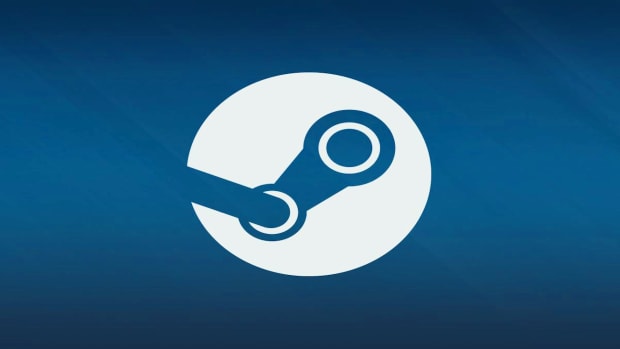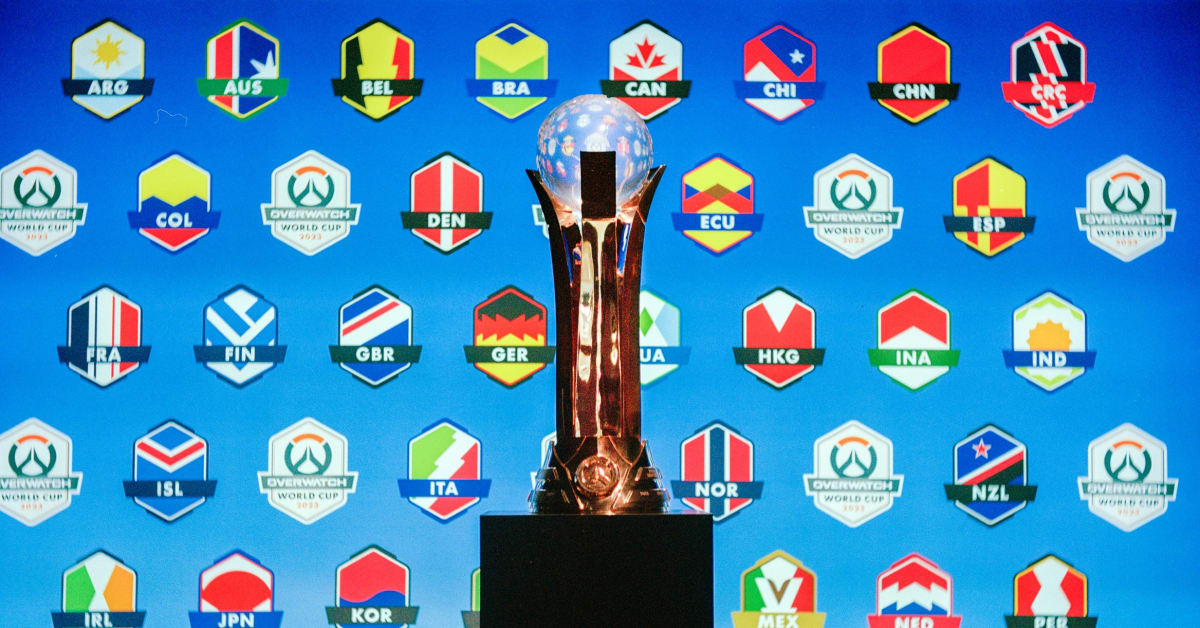
The (Uncertain) Future of Overwatch 2 Esports
Fans packed into metal bleachers at the Overwatch World Cup Grand Finals, jockeying for limited space to watch a superteam of China’s finest take on a dominant Saudi Arabian roster. Multiple overflow areas were required as BlizzCon 2023 attendees started raucous chants, waved flags and showed up for their chosen team.
It was remarkably joyous for what was, essentially, a funeral.
Organizations didn’t start formally dropping out of the Overwatch League until after Saudi Arabia had lifted its World Cup trophy, but prolific rumors and a tearful farewell at the hands of host Soe Gschwind signified the end of a structured, predictable esports scene for Overwatch 2.
Despite the omnipresent threat of unemployment, talent and players at BlizzCon reported feeling optimistic about the future of Overwatch 2 esports. Having seen the best and worst of the scene — and the success or failure of other titles — they also had plenty of suggestions on how to build a better, brighter, more global future.
Facing the Tide
Managers and staff can likely pivot to other positions, but players have a unique challenge ahead of them as the Overwatch League (and the promise of a minimum salary) disappears. They, too, are trying to make the smartest choices with limited information.
“Overwatch 2 esports for me will be interesting in the future,” said Rupal Zaman, flex support for the 2023 Overwatch League champions, the Florida Mayhem. “As a North American player, I'm fortunate enough to have many collegiate options available. Most players like me will likely go to college whilst also playing on a pro team if the scene allows it.”
Casters and analysts have always been at the mercy of tournament regularity, but the loss of such a stable income supply – or a professional goal – has understandably caused waves.
“The future of Overwatch 2 esports is a little scary in its uncertainty, personally,” said Cassi “CeeBee” Brown, one of the esport's rising stars thanks to her upbeat casts in multiple Calling All Heroes tournaments. “I have the unfortunate perspective of being someone who's climbed about halfway up the ladder as a caster, right before the ladder is about to completely rearrange itself.”
Her concern is justified; very little knowledge exists regarding any concrete plans for Overwatch 2’s future in esports. Blizzard Entertainment confirmed it would be “transitioning from the Overwatch League and evolving competitive Overwatch in a new direction,” but no further details were given. Rumors abound of a possible takeover by the ESL FACEIT Group. Microsoft, which formally acquired Activision Blizzard on Oct. 13, has yet to lay out its plans for esports titles.
If Microsoft needs ideas, this community is full of them.
“I don’t know what the future will look like in detail, but I’m hopeful,” said Jen “LemonKiwi” Pichette, a veteran caster for the Overwatch League and Overwatch Contenders. “I’d like to imagine the future of Overwatch will look like how it all began before [OWL] was created, with brands like Immortals, Cloud 9, Complexity, or others championing some rosters.”
Meanwhile, caster and analyst Jake Lyon describes his ideal Overwatch 2 esports ecosystem as “open, interconnected, and sustainable.” Openness was a buzzword among talent, who hoped that Microsoft’s acquisition and the league’s demise would entice third-party tournaments to return. For the past six years, all major tournaments have been held by Blizzard; even community tournaments, like the seasonal Flash Ops series, were bankrolled by the game’s developer.
“My worry is that there isn't necessarily any incentive for third-party organizers to come back to Overwatch because OWL is gone,” said Overwatch Contenders caster Cameron “Door” Fralick. “But if Blizzard loosens restrictions on tournament prize pools and sponsors, and the game itself continues on the positive path it's on, then I could see them coming back and making for a pretty strong scene to support and work alongside whatever Blizzard has planned.”
Most of the players and talent interviewed agreed that long-term success should be the goal and that economic factors should be a big consideration after the financial hemorrhaging some organizations experienced at the hands of the Overwatch League.
“The sustainable piece, for me, means that we continue to adapt and innovate to integrate the esports side of Overwatch 2 with [Microsoft/Activision Blizzard] as a publisher so that it actually makes business sense for all parties involved to keep running competitions that sustain the ecosystem,” Lyon explained.
A Return to Global Grassroots
Multiple books could be written about the causes of the Overwatch League’s downfall; overzealous dreams and financial promises crashed into reality just as the esports bubble’s glittering veneer cracked. But other leagues still stand and they could provide inspiration.
Former San Francisco Shock support Steven “Renko” Saucedo predicts a return to “grassroots” tournaments and has a successful role model in mind. Overwatch 2 should mimic “how Riot handles [League of Legends] esports,” Renko said, with a regional model that includes “two splits per region with a midseason international tournament and an end of season Worlds-like tournament.” He also echoed most esports fans begging for live events. “LANs are the best thing ever in esports.”
Rupal agreed, suggesting “region-locked tournament leagues,” a sentiment echoed by many of his peers. Most interviewees mentioned divisions for the Americas, EMEA (Europe, Middle East, and Africa), Asia-Pacific; considering the amount of talent based in South Korea, some interviewees suggested separate divisions for South Korea and China, the way Overwatch Contenders has divided them. “Regions would compete internally in some sort of Contenders-esque tournament. Then twice a year, there should be international LAN events that all regions partake in,” Rupal said.
Taking advantage of Overwatch 2’s global appeal is critical for success and was clearly a priority for the talent surveyed. “If you look at the hype that OWWC generates, especially amongst EU fans [in] this tournament cycle, you can kind of get a sense of how powerful that is as a tool to generate hype,” CeeBee explained, noting how successful the Apex Legends Global Series has been for that esport. “Overwatch already has a lot of the pieces for something like that in place, and with a little tweaking, we can make something really cool and open up a lot of opportunities for both players and talent, globally.”
Beyond the dreams of international events and competitive regions lies one unfortunate truth: the Overwatch League failed and changes clearly have to be made.
“We need to reconnect with delivering the types of content that fans are excited about in a format that the community can buy into,” Lyon said. “I don’t think we have that exactly nailed down yet, but I think with the right people in charge, there’s a real chance to succeed in areas that the OWL did not.”
Here Until the End
Many of the veteran players and talent at the Overwatch World Cup have stood with the community during all of the game’s successes and failures. Now, facing uncertainty akin to riding a barrel over a waterfall, one has to wonder: what makes them come back, again and again, no matter what the esport throws at them?
For someone who has weathered all of Overwatch’s complex drama in multiple roles, from pro player to analyst, Lyon’s answer was remarkably simple. “I just love the game. In the end, there’s no other title that can scratch that Overwatch itch for me,” he said. “I’ll be doing this work until I lose that excitement for the game and that spirit of connection to those who compete in it. For the record, I don’t see that being anytime soon.”
Rupal cited the lure of competition as his reason to stay. “It's a very unique feeling to play the game at such a high level and problem-solve alongside a team of like-minded individuals,” he said. “I hope to continue competing at the highest level as long as I can.”
As cliche as it is, love was at the core of most people’s answers. Many felt that Overwatch esports will live on, rising from the Overwatch League’s ashes into something better.
“So long as there are people who want to play this game competitively, there will be legions of people supporting the scene,” CeeBee said. “That is something that we can always build from, and knowing that that will be there is my source of optimism.”
